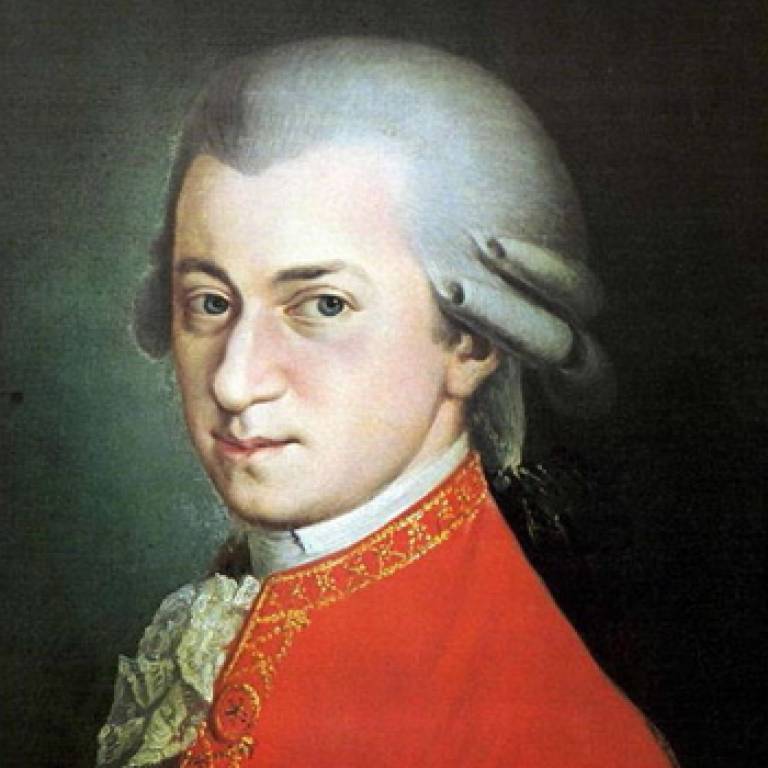Unravelling the mystery of Mozart's death
21 August 2009
Links:
 ucl.ac.uk/epidemiology/" target="_self">UCL Epidemiology and Public Health
ucl.ac.uk/epidemiology/" target="_self">UCL Epidemiology and Public Health
A professor from UCL has attempted to unravel the 200-year-old mystery surrounding the premature death of Wolfgang Amadeus Mozart.
The great composer was at the height of his creative powers in the months before his death in Vienna in 1791.
Over the years a host of theories have emerged to account for his demise at the age of just 35 - including murder by a rival and suicide.
The list of proposed natural causes includes rheumatic fever, an overdose of mercury salts used to treat syphilis, and even an underheated pork chop.
But Professor Andrew Steptoe from UCL's research department of Epidemiology and Public Health has arrived at a different hypothesis.
Professor Steptoe and fellow researchers Dr Richard Zegers and Dr Andreas Weigl examined the daily registry of deaths in Vienna covering the time at which Mozart died.
"We have for the first time analysed the causes of death that were prevalent over the period during which he died," said Professor Steptoe.
"This has given us ideas about what medical problems were widespread at that time, and we have been able to link this with the known facts about Mozart's death."
"In the months before he died, he was busy and successful, with 'The Magic Flute' playing to packed houses, and a flow of other masterworks, including the clarinet concerto.
"He died after only a brief illness, and was buried with the minimum of fuss in a very modest ceremony."
The researchers found that many deaths in the months before and after were attributed to an accumulation of fluids in the body, from which Mozart suffered as he died.
Writing in this month's Annals of Internal Medicine, Professor Steptoe and his colleagues suggest this was caused by strep throat - a common bacterial infection.
Complications could have led to kidney problems and bloodletting - a common treatment at the time - may have caused a secondary infection.
But the researchers added a note of caution to their conclusion - scarlet fever was another possible if less likely cause of the composer's death.
Image: Wolfgang Amadeus Mozart
UCL context
UCL Epidemiology and Public Health is a multi-disciplinary department that aims to develop a better understanding of health and prevention of ill health through vigorous research and the development of research methodology. This knowledge is applied via undergraduate and graduate teaching, contributions to national and international health policy and contributions to the wider public understanding on health.
Related stories:
UCL research: lack of sleep could be more dangerous for women than men
WHO responds to findings of UCL-led commission with landmark resolution
 Close
Close

